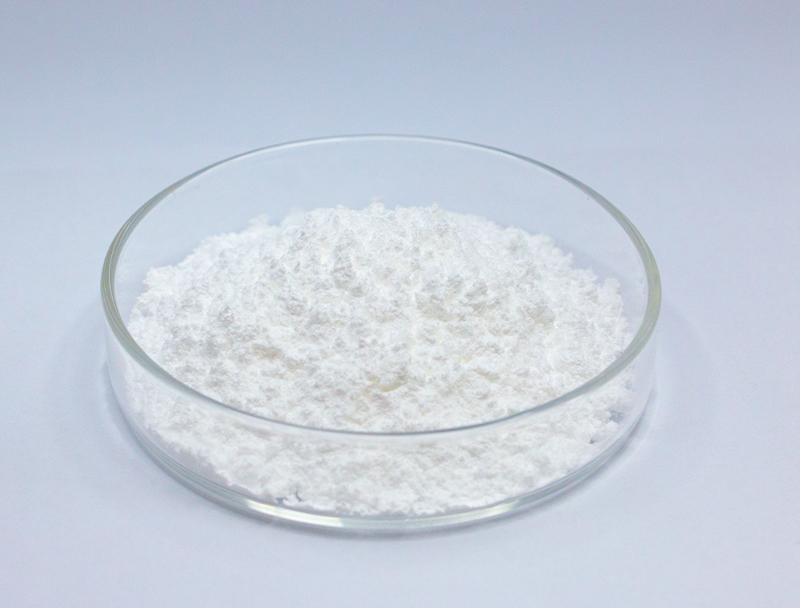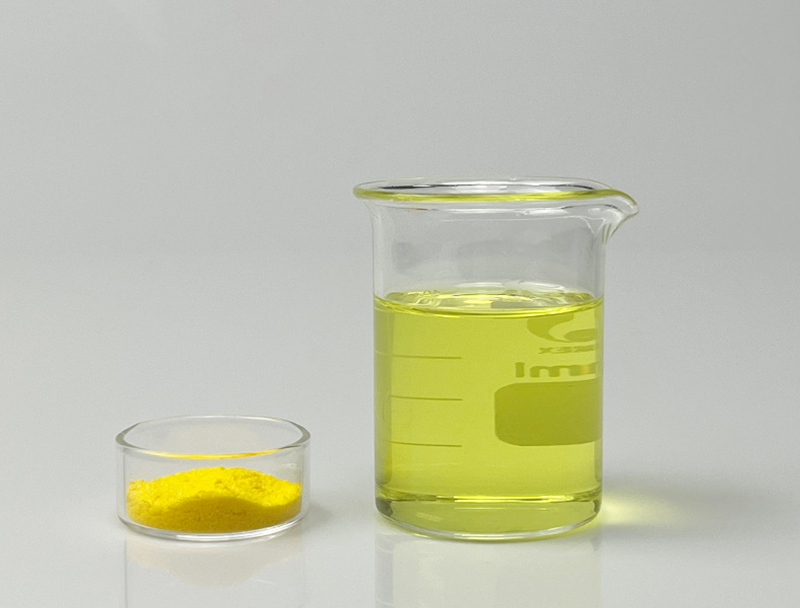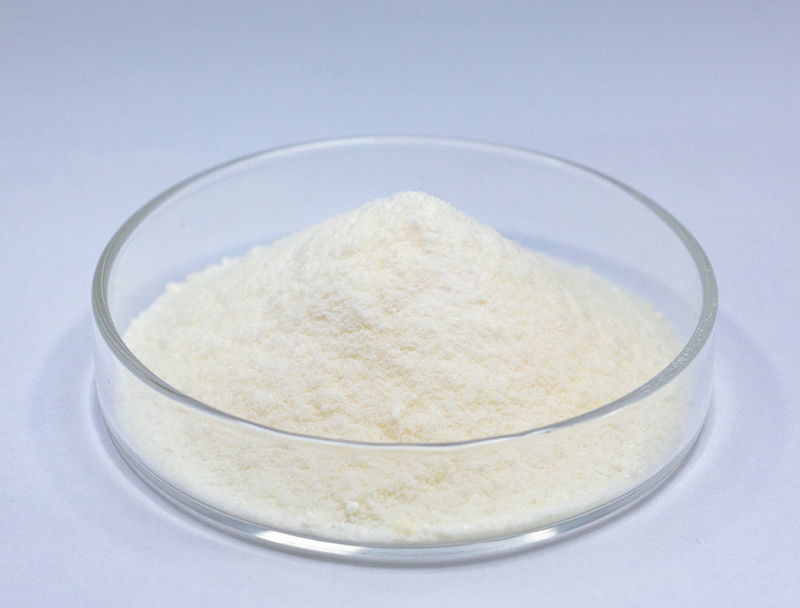
Bioprocessing depends strongly on an extensive collection of biomass sources to create novel bio-derived items.
Securing environmentally mindful sourcing underpins enduring viability and ethical market growth.
several issues arising from typical material sourcing including environmental degradation and exploitation of natural resources. Therefore, biomanufacturing companies must actively seek out alternative sourcing strategies to minimize their ecological footprint.
- Instances of green procurement approaches are:
- Utilizing renewable feedstocks derived from agricultural byproducts
- Operating reuse-focused platforms to lower discard and increase efficiency
- Forging alliances with neighborhood suppliers supporting green sourcing
Shifting to ethical sourcing drives environmental value and long-term commercial viability.
Refining Biomass Sources to Enhance Fuel Conversion
Increasing biofuel conversion efficiency is tied to feedstock composition and condition. Analysts tirelessly probe advances to elevate feedstock conversion, leading to higher yields of biofuels and a more sustainable energy future. Strategies feature genetic optimization to raise biomass yield plus pretreatment to depolymerize plant polymers into sugars.
- Likewise, initiatives explore candidates such as algal biomass, process wastes, and agricultural leftovers to extend sustainable feedstock availability for fuels.
- Thanks to continuous exploration the sector is prepared to realize considerable strides toward an eco-friendlier energy mix.

Biopharmaceutical Production: Innovations in Upstream Processes
includes primary operations from inoculation through cell collection Recent progress has advanced techniques that maximize productivity and increase output.
Significant developments incorporate advanced biological platforms, tailored medium blends, and precision reactor engineering. These developments raise yield and cut costs as well as diminish environmental consequences.
- Moreover, continuous manufacturing adoption is enabling dynamic control and greater adaptability in upstream workflows.
- Embracing sophisticated manufacturing strategies is poised to change industry norms and shorten development cycles.

Innovations in Gene Editing for Improved Biopharmaceutical Yield
evolutions in genetic modification techniques have optimized therapeutic biosynthesis. Via deliberate gene edits, teams amplify protein expression for higher yields. The technique provides opportunities to manufacture economical, high-yield therapeutics for varied indications.
Harnessing Microbial Biotechnology for Sustainable Bioremediation
progressive microbe-based cleanup tactics that mitigate industrial pollution. Microbial communities can biotransform hazardous materials into lower-risk substances. By harnessing this natural potential, we can develop environmentally friendly strategies for cleaning up contaminated sites and mitigating the negative impacts of industrial activities.. Study groups probe microbial metabolic diversity to tackle metals, persistent pesticides, and hydrocarbon spills.. Such organisms are usable in treatment systems or applied directly to soils and waters to drive biodegradation of contaminants..
Microbial-based approaches to remediation bring considerable advantages over traditional solutions. The approach tends to lower treatment costs and avoids producing toxic residuals. In addition, microbial approaches enable pollutant-specific treatment without broad ecological disruption. The domain advances quickly, concentrating on raising reliability and performance of microbial cleanup methods.
Digital Methods Accelerating Pharmaceutical Discovery
Advanced informatics contributes significantly to today’s drug research environment. By leveraging complex datasets, bioinformatics expedites discovery and optimizes candidate safety and potency.
- By interrogating large-scale omics and clinical information, scientists find new targets and predict candidate efficacy.
- In addition, predictive simulations inform medicinal chemistry efforts to craft more efficacious drugs.
- Ultimately, bioinformatics modernizes development workflows and expedites access to safe, beneficial medicines.
Metabolic Design Approaches to Boost Bioproduct Yields
employs a variety of strategies to augment the synthesis of valuable bioproducts within microorganisms. Techniques span CRISPR-mediated edits to reshape pathways, synthetic control elements to fine-tune expression, and gene imports to grant new biosynthetic abilities.. By fine-tuning these processes, engineers can significantly increase the yield of desired bioproducts.
This comprehensive strategy could transform numerous sectors such as pharmaceuticals, farming, and renewable energy.

Scaling Biopharma: Difficulties and Strategic Opportunities
Commercializing biopharma production involves significant constraints and promising benefits. Preserving batch-to-batch quality when scaling up is a key challenge. Managing it necessitates robust automation, high-fidelity monitoring, and powerful analytical capabilities.

Process intricacy spanning various stages creates significant scale-up complexities.. Reengineering workflows for mass production involves rigorous R&D and inventive technology deployment.. However, the prospective rewards are sizable. Successful industrialization can broaden availability, trim costs, and raise profitability.
A series of measures are underway to confront these obstacles. Efforts include process-digitization tools, integrated analytics for monitoring, and fresh manufacturing paradigms.
- Product development and process R&D are pivotal to boosting production capabilities.
- Regulatory agencies are working to streamline approval processes for new manufacturing technologies, facilitating innovation in the field.
Aligning Biomanufacturing with Regulatory Standards for Patient Safety
Producing biopharmaceuticals demands comprehensive oversight to guarantee safety and clinical 2-Ketoglutaric acid effectiveness. Products of biological origin introduce specific challenges that differ from standard drug development.
Regulators such as the FDA and EMA define authorization pathways and quality standards for new biologic medicines..
Strict validation and testing steps are required across the product lifecycle from lab studies to post-market oversight.. The processes aim to expose risks and ensure that treatments meet exacting safety benchmarks.
Likewise, authorities progressively modify regulatory tactics to follow the speed of innovation in biopharma.. Strategies include welcoming technological advances and simplifying development while prioritizing patient safety.

Evaluating Plant Biomass for Bioplastic Production
The growing need for sustainable materials has led to a surge in research and development of renewable options. Plant-derived biomass as input for bioplastics represents a practical route toward greener materials. Plant-based biomass resources such as cornstarch, cellulose, sugarcane can be processed into biodegradable plastics that degrade naturally, minimizing the environmental impact of conventional plastics.
Furthermore, these bioplastics often possess comparable properties to their petroleum-based counterparts, making them suitable for a wide range of applications.. Continuous development will unlock plant biomass value for sustainable bioplastic production and support circular systems.
Biotech's Role in Improving Global Health and Agricultural Resilience
Biotech innovations hold promise to dramatically impact health and the reliability of food systems. Using genome engineering, synthetic biology techniques, and cell-based treatments, innovators devise ways to tackle pathogens, amplify yields, and improve nutrition.. Consider genetically enhanced crops that resist pests and environmental stresses to improve production and reduce pesticide reliance.. Similarly, biotech contributes advanced vaccines, antimicrobial strategies, and diagnostic techniques crucial for infectious disease management and health advancement.. With ongoing research, biotech is positioned to enable broad improvements in health and food security that serve global populations.
 L-Carnosine
L-Carnosine